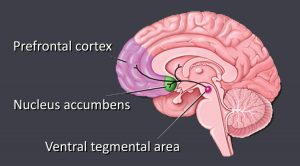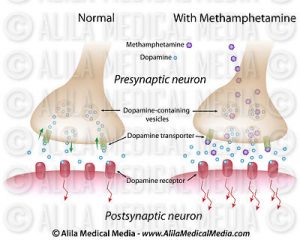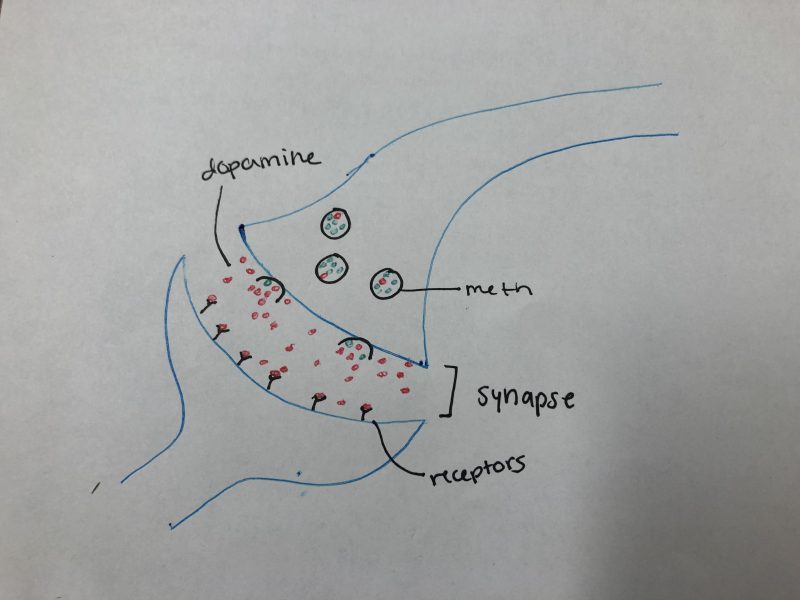Addiction is a complex problem with many people disagreeing on what it is, how to treat it, and how addicts should be treated or not treated. One of the most hot button topics is whether addiction is a choice or not and by default, the fault of the person addicted. Let’s discuss the two sides and then look at what the science tells us.
Those who argue that addiction is a choice say that the individual made the first choice to ingest the drug and the consequences fall on their shoulders for what follows. Some may even say that those who are “psychologically weak” are the ones who get addicted and those who may be “psychologically stronger” could quit the drug whenever they wanted.

On the other hand, those who think addiction is not a choice may contend that while yes, the individual made the choice to ingest the drug, there may be other circumstances that led to that decision. Perhaps they were dealing with mental health issues and felt the need to self-medicate or were pressured by their friends. Additionally, people on this side of the issue often point to the horrible effects of chronic drug use and the torture of withdrawal to argue that no one would consciously choose that for themselves.
What’s the science behind it?
Now that we know some the aspects of public perception, let’s look at what the science supports.
Within our brain, there is something called the reward pathway. When this pathway is activated, it generates pleasurable emotions and also activates motivation systems that increase desire for that pleasurable feeling. Drugs like meth, cocaine, and opioids, stimulate parts of this pathway like the ventral tegmental area and the nucleus accumbens with an excess amount of dopamine compared to our everyday stimuli. Dopamine is a neurotransmitter that controls our reaction and feelings of pleasure. When people don’t take the drug, their body begins to crave that pleasurable feeling given by the drug since the body has become accustomed to the higher levels of dopamine produced by the drug.

Let’s use meth as an example to see how this pathway works. Meth can inter a neuron and replace dopamine causing it to be pushed out into the cell. Similarly, the drug can also block the re-uptake of excess dopamine back into the neuron. Both of these interactions increase the amount of dopamine in the synapse leading to that pleasurable feeling.

However, this pleasurable feeling given by the excess of dopamine creates a craving for more in the brain when meth is not being used. The everyday levels of dopamine given off are no longer enough because the synapse has changed to accommodate the increase of dopamine. Not only is our body craving dopamine, but other downstream factors have been altered. When there is an excess of firing from dopamine receptors, there is increased phosphorylation of CAMP which then leads to the expression of immediate early genes (IEG) like c-fos. These IEG’s start a cascade of other events that may form addictive behavior as well as molecular changes that lead to synaptic plasticity and long term potentiation. Essentially, after becoming addicted to drugs, the systems in your brain physically change making it harder and harder for you to quit.
So is it a choice or not?
Therefore, the actual process of becoming addicted to a drug is not a choice. Individuals may disagree on the importance of personal responsibility of first ingesting the drug but there is no scientific disagreement on the strength of the biological processes that addiction creates. Your brain has been physically altered, there is no “psychologically strong” or “psychologically weak” because all our brains can become victim to this process. If you are interested in learning more about addiction and it’s effects, visit https://www.samhsa.gov/public-messages
